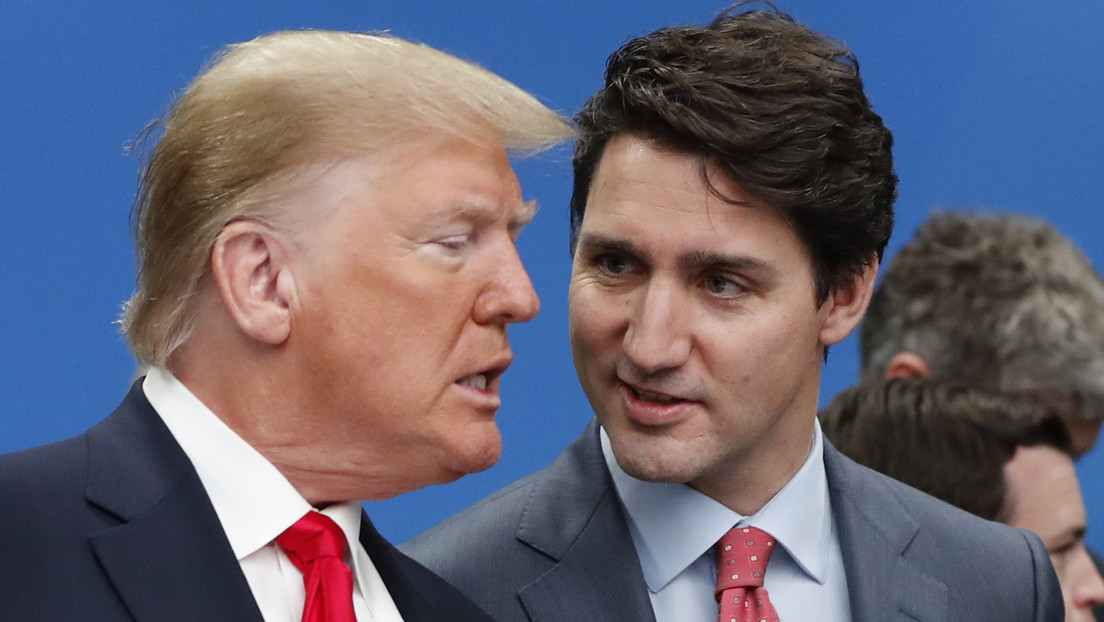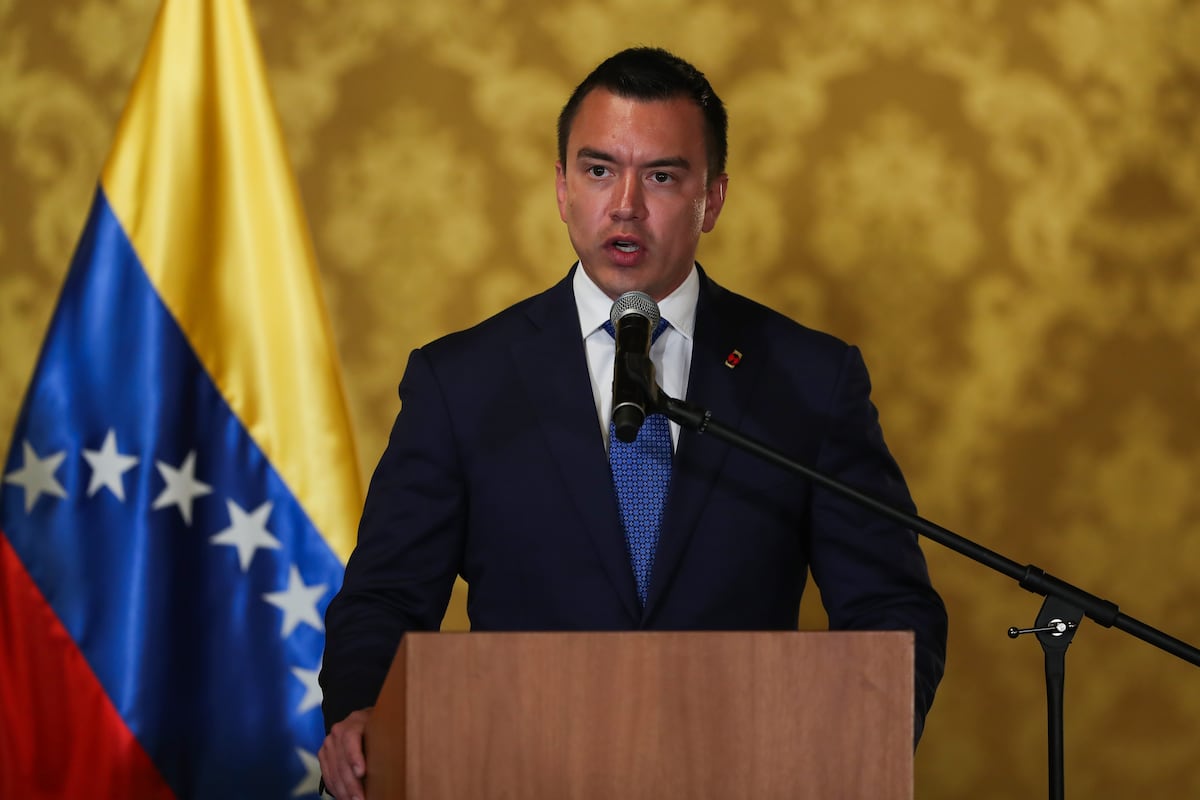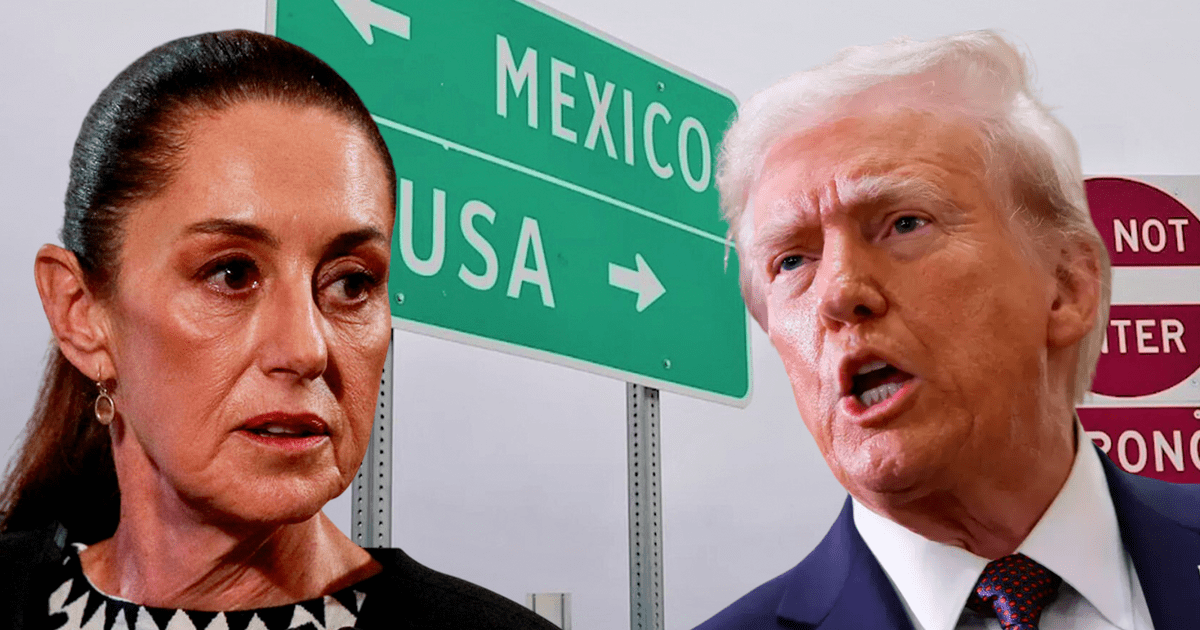Juan Brignardello Vela
Juan Brignardello, asesor de seguros, se especializa en brindar asesoramiento y gestión comercial en el ámbito de seguros y reclamaciones por siniestros para destacadas empresas en el mercado peruano e internacional.




In a significant turn in trade relations between Canada and the United States, Canadian Prime Minister Justin Trudeau announced on Monday the suspension of proposed tariffs for a period of 30 days. This decision comes after a "constructive" conversation with President Donald Trump, who also expressed optimism about this development. Both leaders are seeking to create a more collaborative environment that promotes trade and security at the border. The pause on tariffs occurs against a backdrop of trade tensions that have characterized the relationship between the two countries in recent years. Trudeau, through his account on X, emphasized that this time will be used to work together on a series of measures that ensure not only trade but also border security. "The proposed tariffs will be paused while we work together," the Prime Minister highlighted in his message. In response to concerns about fentanyl trafficking and other organized crimes, Trudeau announced that Canada will implement a series of initiatives to strengthen security at its border with the United States. Among the measures mentioned, the creation of a "fentanyl czar," the inclusion of cartels on the list of terrorist organizations, and ongoing border surveillance stand out. With a financial commitment of $200 million, Trudeau aims to address the issue comprehensively. The collaboration between the two countries is not limited to security but also touches on fundamental economic aspects. Trump, confirming the suspension of tariffs, celebrated Canada's decision to take stricter measures, asserting that the safety of Americans is his priority. "I am very pleased with this initial outcome," the President indicated on his platform, Truth Social, emphasizing the need for "fairness for all." This collaborative approach is not limited to Canada. Previously, Trump had announced a 30-day suspension of tariffs on Mexico, in an effort to advance crucial negotiations between the two countries. During this period, high-level officials from the United States and Mexico are expected to address issues of trade and security, with a special emphasis on drug and arms trafficking. Mexico, for its part, has committed to sending 10,000 members of the National Guard to its northern border as part of an immediate effort to combat fentanyl trafficking. This action reflects the growing concern over the opioid crisis in the United States, where fentanyl has been a key factor in the rise of overdose deaths. The recent decisions by both governments could be interpreted as part of a broader strategy to improve cooperation on security and trade issues, essential elements for the prosperity of both nations. However, many observers wonder whether these measures will be sufficient to address the complex challenges facing the borders. As negotiations unfold, the international community will be watching closely for the outcomes that arise from these discussions. The willingness of both leaders to work together could signal a new era in relations between Canada, the United States, and Mexico, where security and the economy intertwine in the political agenda. Ultimately, the temporary suspension of tariffs represents an opportunity for both countries to deepen their collaboration and seek more effective solutions to the problems affecting the region. It will be crucial to monitor the progress of these initiatives in the coming weeks, as the establishment of definitive agreements that benefit both nations is anticipated.



